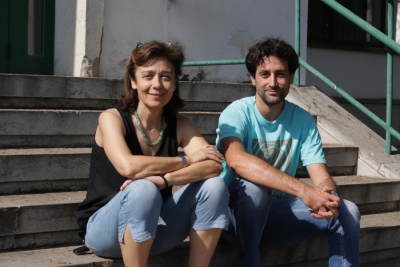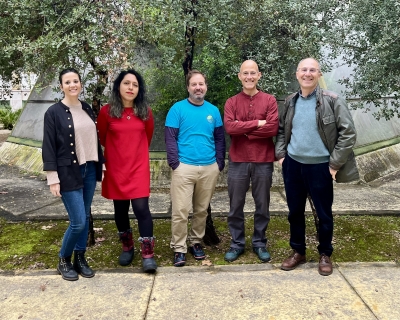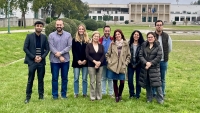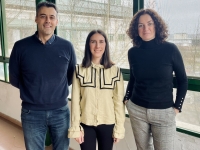Climate change and depopulation confirmedas the main concerns affecting mountain areas in Europe
Escrito por UCC+iA study carried out by the UCO engaged some 500 local agents from 23 mountain regions to identify vulnerabilities and propose strategies to minimize them. In Andalucía, drought, pests and population loss were identified
Studying the impact of El Niño on Amazonian biodiversity
Escrito por UCC+iAn international consortium is analyzing the ecological, production, cultural and social impact of the changes that are occurring in the biodiversity of the Peruvian and Brazilian Amazon due to the El Niño phenomenon
Vegetation vigor demonstrates that the Sierra Nevada mountain range’s ancient irrigation channels affect soil moisture levels
Escrito por UCC+iFrom satellite images taken over a period of 26 years, a team at the UCO shows how a system of irrigation channels dating back to the Roman Empire increases the water content of the soil adjacent to them
A new tool defines more precisely which areas to prioritize in environmental conservation plans
Escrito por UCC+iThe new prediction method was tested with satellite remote sensing and species distribution data over 20 years in Andalusia, making possible the development of more dynamic and integrative conservation area prioritisation indicators
A team from the University of Córdoba is developing instruments to automatically monitor pollen and fungal spores in the air
In search of a business model to drive the agroecological transition in the Axarquía region
Escrito por UCC+iA research group from the University of Córdoba is analyzing the barriers that hinder the agroecological transition of various crops in the Axarquía region (Malaga)







